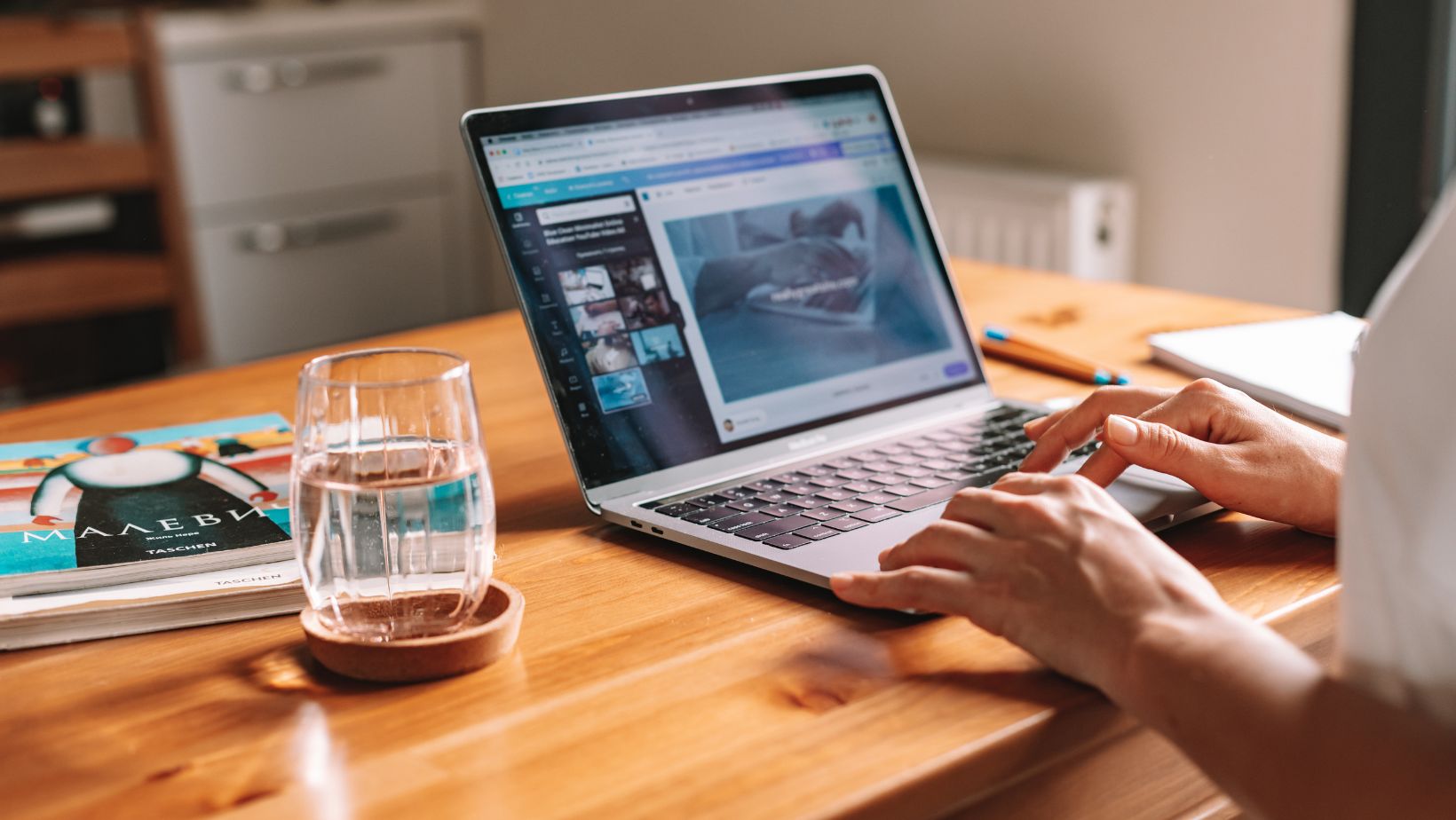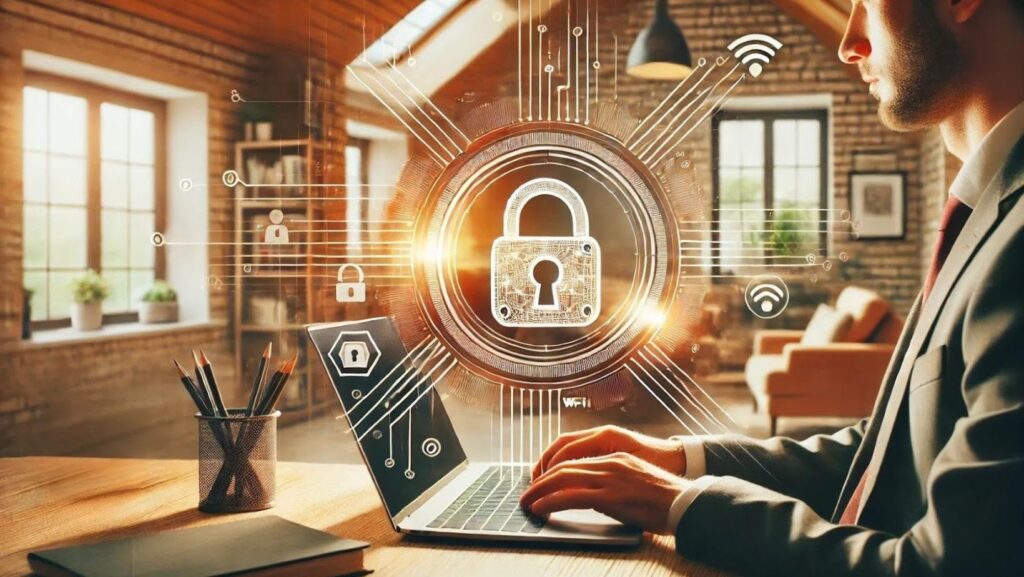Remote work might have seen a boost in popularity thanks to the pandemic, but the surprising thing is that it appears to be here to stay. More professionals are choosing to work from home (WFH) or, more adventurously, work from anywhere (WFA).
When pursuing professional goals in this style, you may not have the total security of working in an office with a dedicated IT team. However, let’s talk about ways that you can ensure you’re safe while remote.
Why Are Professionals Choosing Wfh And Wfa?
Jobs that allow skilled professionals freedom are becoming more popular. Many people have remained unsure why this is happening, but the Harvard Business Review insists that it’s because employees want to be able to control their own time.
This ability to control one’s time has largely allowed workers to see what they could do instead of commuting. Additional minutes between tasks can be spent doing chores or exercising, freeing up more time after work to relax and enjoy oneself.
Digital Nomads
People who travel while they work, typically known as digital nomads, have truly embraced the WFA lifestyle. Subcommunities often share photos of themselves working at a picnic table on the beach or tethering their internet connection to their phone to upload a presentation just in time. This is, perhaps, the ultimate expression of a worker having control over their time.
How Can People Stay Safe While Working Remotely?
While working remotely, you may try many different methods to interact with your employer’s systems. However, since you’re no longer in the same building as the server containing critical apps and data, your work can be less secure. How can you ensure digital security?
VPN
A VPN is probably the most effective way to ensure that you remain secure wherever you work. A VPN does something called IP masking, where the IP address associated with your internet usage appears to be the IP of the VPN server, rather than the one associated with your devices.

An IP address functions similarly to a street address, with data packets being forwarded to your IP like a post being forwarded to your home. Therefore, if you mask your true IP, you can prevent bad actors from sending malware to your devices.
Public vs. private Wi-Fi
When working with secure data, it’s wise to always use private Wi-Fi wherever possible. The reason for this is that a public Wi-Fi network is often unsecured, meaning that hackers can see your activity while they’re also connected to that network.
On the surface, this might not sound so bad – looking up an actor’s name that you can’t remember is embarrassing but not dangerous. However, how about if you were interfacing with your employer’s database of sensitive client information? Suddenly, a hacker could gain access to a wealth of data.
Protect yourself wherever possible by using private Wi-Fi connections. For added security, you could also choose to use public Wi-Fi with a VPN: VPNs encrypt the data you interact with, masking it from hackers.
Employer-Issued Devices
Employer-issued devices are a great way to ensure the security of the data you use. Companies often consult with large cybersecurity firms to ensure that their systems are as impenetrable as possible, leading to strong, stable devices.
Improper use of these devices
It’s also important to consider who else in your home may have access to your employer’s devices. While you can trust yourself to ensure your system is secure, your partner, friends, or children are much less likely to set up the security correctly.

Often, companies will have a security process to follow every time you start up your machine. If other household members use the device, they may not know that process or just get it wrong. In turn, your employer-issued device will be less secure overall.
There are many ways to ensure your safety while working remotely, from software security solutions to physical usage limitations. With a little forethought, you can ensure your work is as secure as possible.
